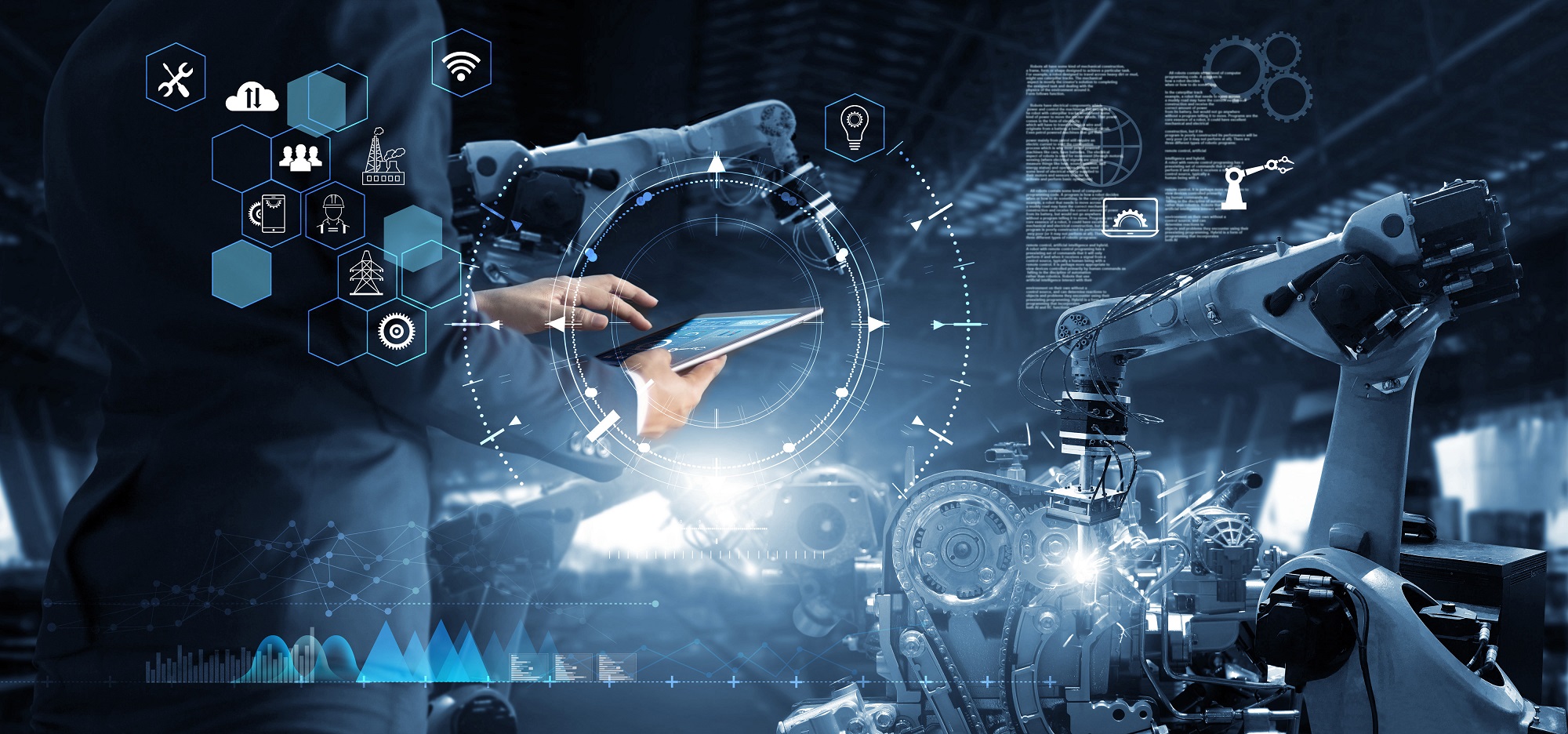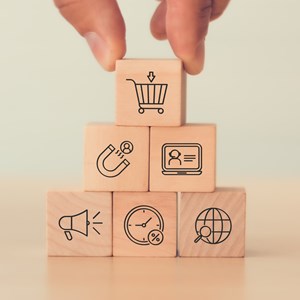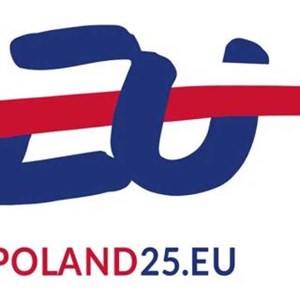Brussels – 29 September 2021, Industrial data is of ever-increasing importance for companies in Europe and the world, and particularly so in the context of the digitization of industry. On this topic, on Tuesday 28 September, CEN, CENELEC and ETSI co-organised an online stakeholders’ workshop dedicated to exploring how standards can support the industrial data value chain.
Industrial data has become one of the top strategic priorities for European and international industry in the recent years. Well managed and duly exploited, industrial data bring a significant competitive edge to businesses and can greatly improve overall efficiency, be it by supporting core processes or by providing a new source of insights.
In this data-driven era, industrial data play an essential role in building the foundation of the next wave of digitization in Europe. For this reason, it is key to the success of a harmonised Single Market and European competitiveness in the global market, but also for the success of the twin transition (green and digital) at the heart of the EU policy agenda.
To fully benefit from the added value of industrial data, European stakeholders need a common approach that enables trust, quality and interoperability along the entire data value chain. In these efforts, European standards can provide a fundamental contribution.
To discuss this important issue, the three European Standardization Organisations (ESOs) CEN, CENELEC and ETSI held the stakeholders’ workshop ‘Standards in support of the industrial data value chain’ on 28 September 2021. A high number of interested participants from industry, policy, standardization organisations and other key stakeholders joined the event.
Standards create trust in innovative technologies
The workshop was opened jointly by Dany Sturtewagen, CENELEC’s President, and Neviana Nikoloski, Chair of ETSI General Assembly. They were followed by a keynote address from Kerstin Jorna, Director General of DG GROW, European Commission on Building a strong European data-driven economy. Two high-level presentations further set the scene of the Industrial data economy: the first one by Francesco Bonfiglio, CEO of Gaia-X, presenting the Gaia-X initiative, and the second one by Pierre Chastanet, Head of Unit Cloud & Software – DG CONNECT, European Commission, on the European Legislative framework for Industrial Data.
After the keynote speeches, four case studies were presented by representatives from the industry, with sectoral perspectives and showcase of good practices.
The second part of the workshop was dedicated to identifying ways in which standards can support the development of Industrial data. A panel discussion highlighted the challenges and opportunities that come with industrial data across sectors, such as security, interoperability or quality. Based on their varied experiences, panellists identified cross-sectoral synergies and common gaps that need to be addressed by standardization to build a trustworthy and reliable industrial data value chain.
The outcome of the panel discussion was picked up and discussed in a fire-side chat, which put together standardizers and policy makers to discuss how to further support industry stakeholders fully benefit from industrial data, as well as present on-going standardization activities for Industrial Data at European and International level.
The event was officially closed by Mme Nikoloski and by Wolfgang Niedziella’s, CENELEC’s President-elect.
Dany Sturtewagen, CENELEC’s President, commented: “There is an opportunity for CEN and CENELEC to be pro-active and engage with our stakeholders. This is reflected in our CEN and CENELEC Strategy 2030, where we highlight our commitment to ‘a safer, more sustainable and competitive Europe through European and international standardization’. It is notably thanks to our stakeholders’ networks, that CEN and CENELEC can create high-quality standards that generate trust, fulfil market requirements, enable market access and innovations for a better, safer and more sustainable Europe”.
Wolfgang Niedziella, CENELEC’s President-Elect, added: “As we have heard today, there is a real need for the development of a coherent set of horizontal standards in this direction. In this context, I also would like to stress the importance of alignment between European and international standardization. For a coherent and fully functioning global market, it is important that the industry can count on standards that can be applied worldwide.”
Neviana Nikoloski, Chair of ETSI General Assembly, concluded: “Today, it was pointed out once again that the New Legislative Framework with its link between standardization and regulation, should be the foundation for driving standardization in the field of data. Therefore, the outcome of the discussions at this workshop shows that the European Standardization Organizations have a key role to play towards streamlining Industrial data standardization efforts and providing a platform for a follow-up technical discussion, addressing the gaps and identifying priority areas for future Industrial data standards”.
More information and the livestream of the event are available on CEN and CENELEC’s website.
Should you want to know more about how standards support the digital transition, you can find more information on the recently published CEN and CENELEC brochure “Digital in Standards”.

Giovanni COLLOT
gcollot@cencenelec.eu



